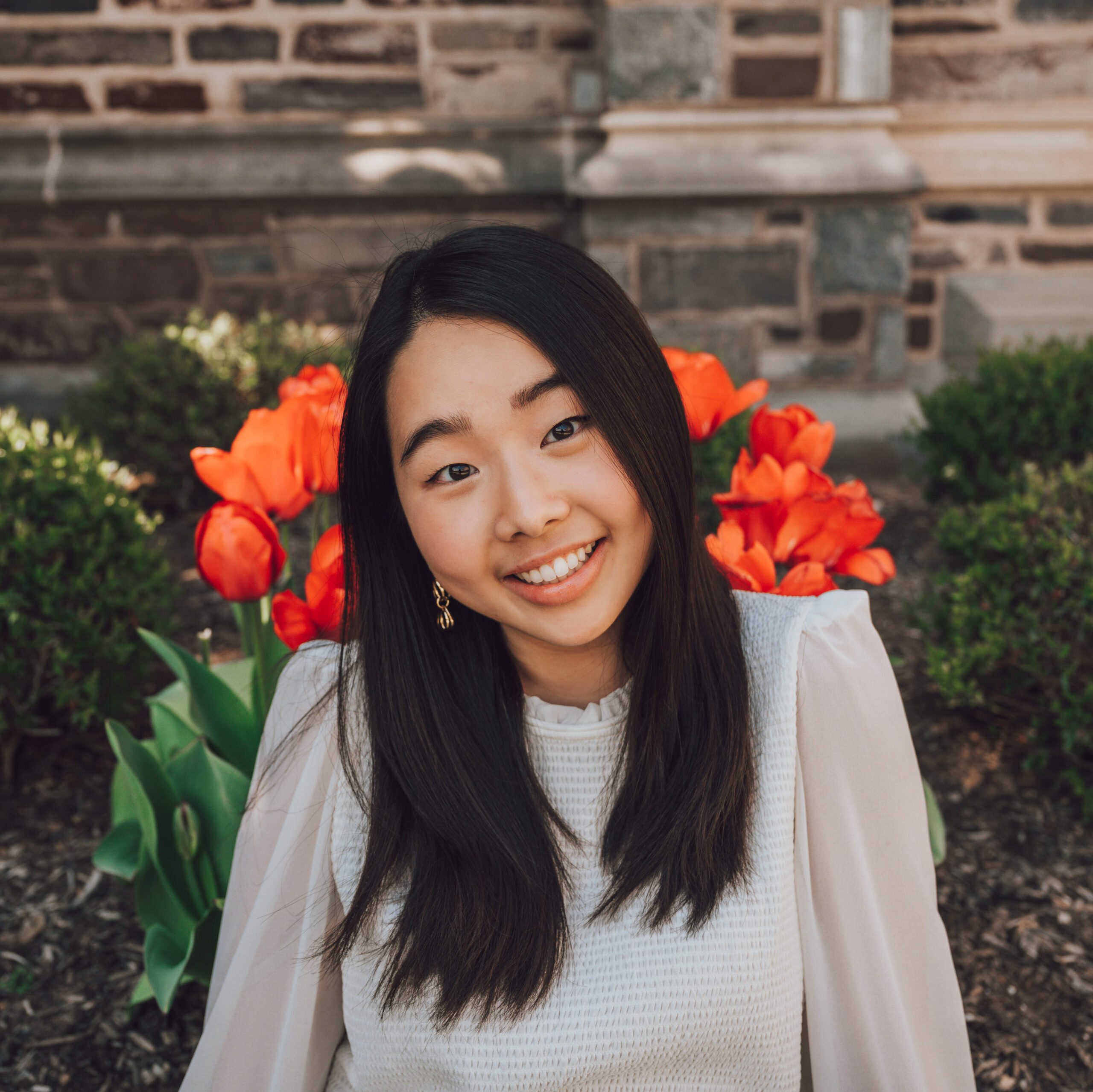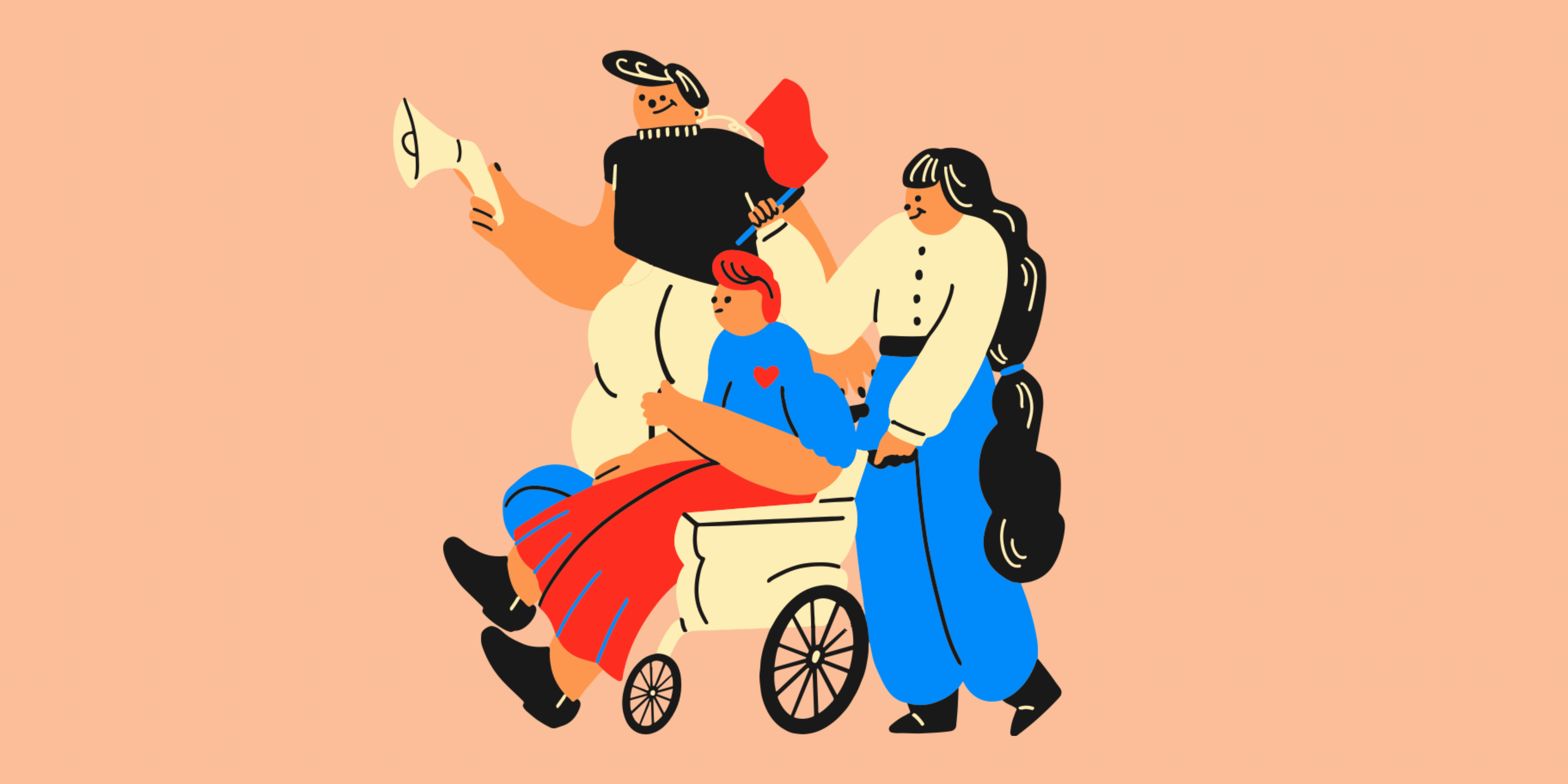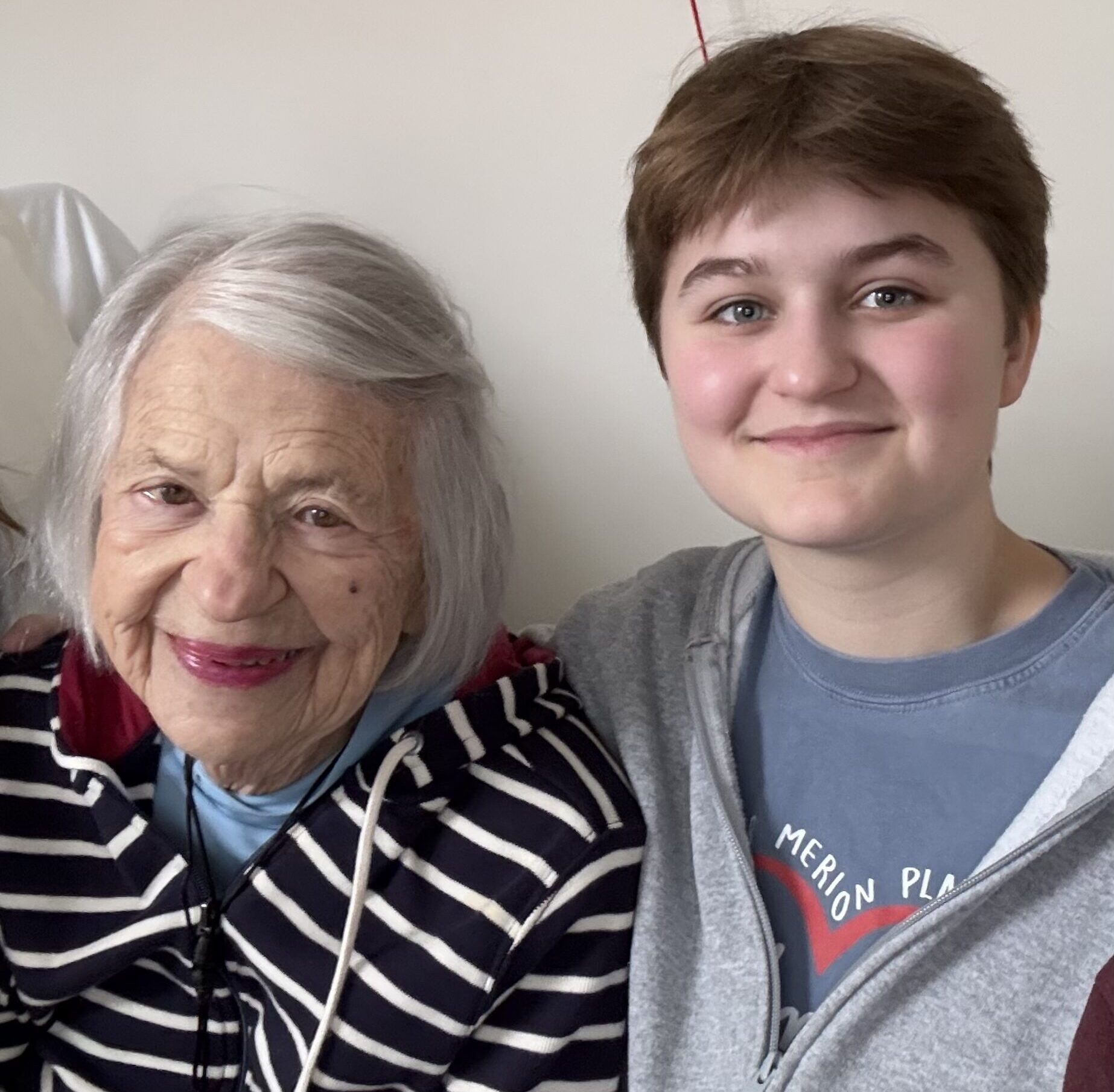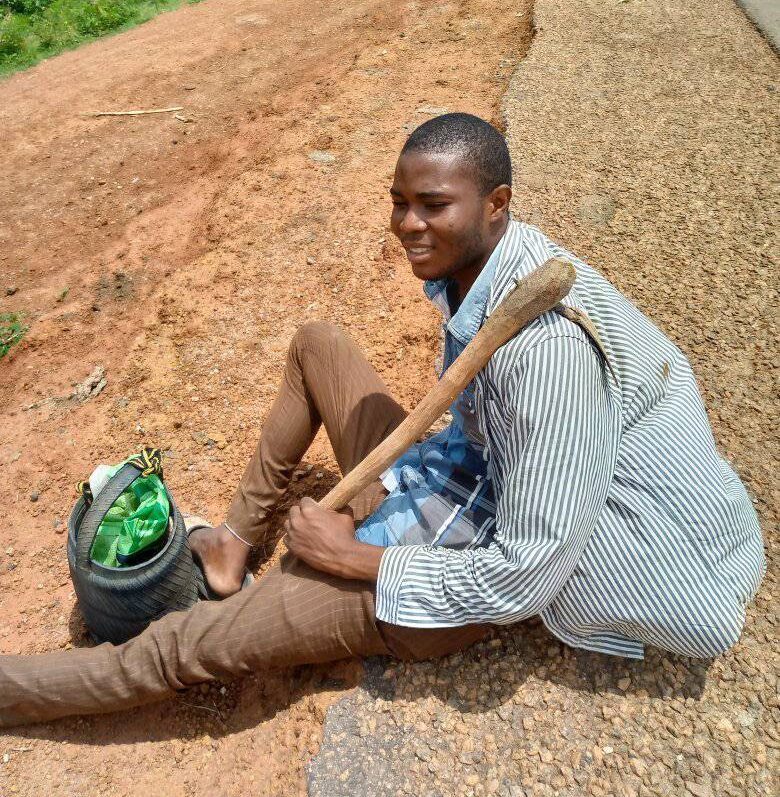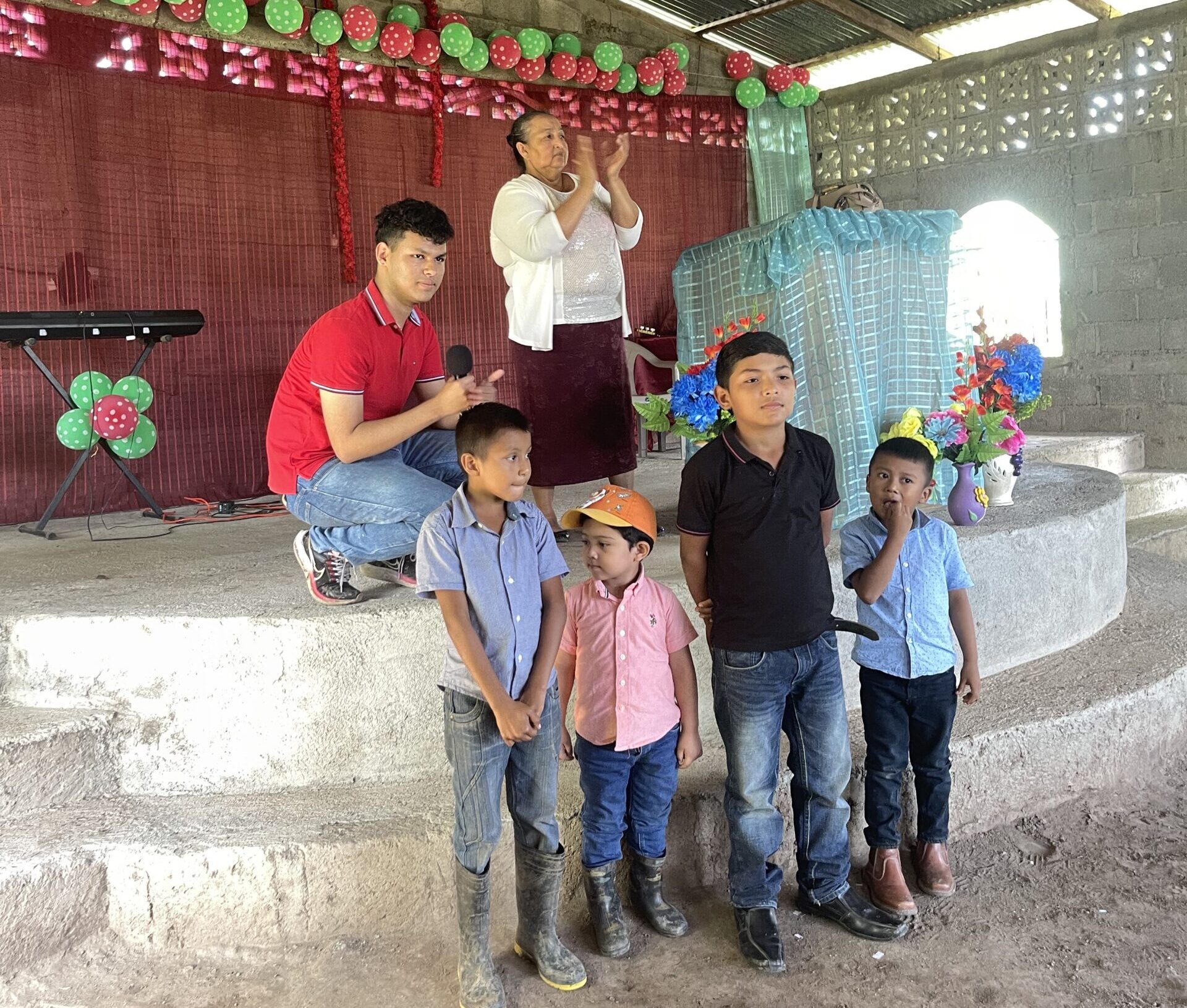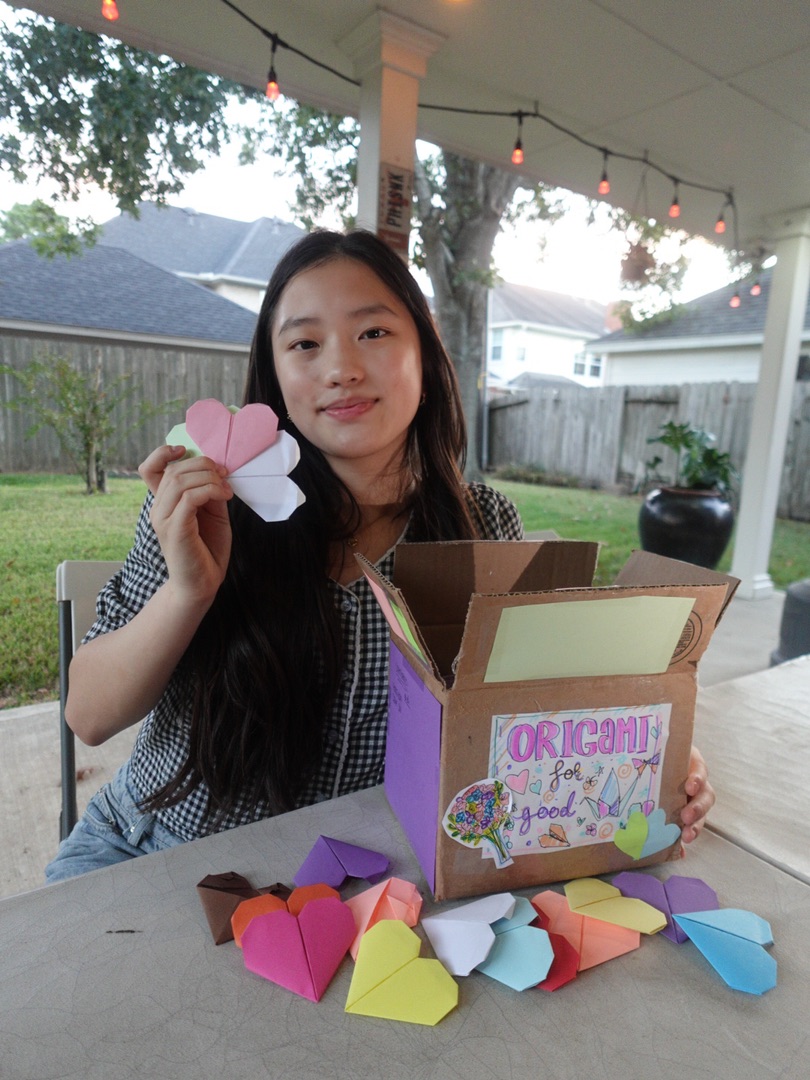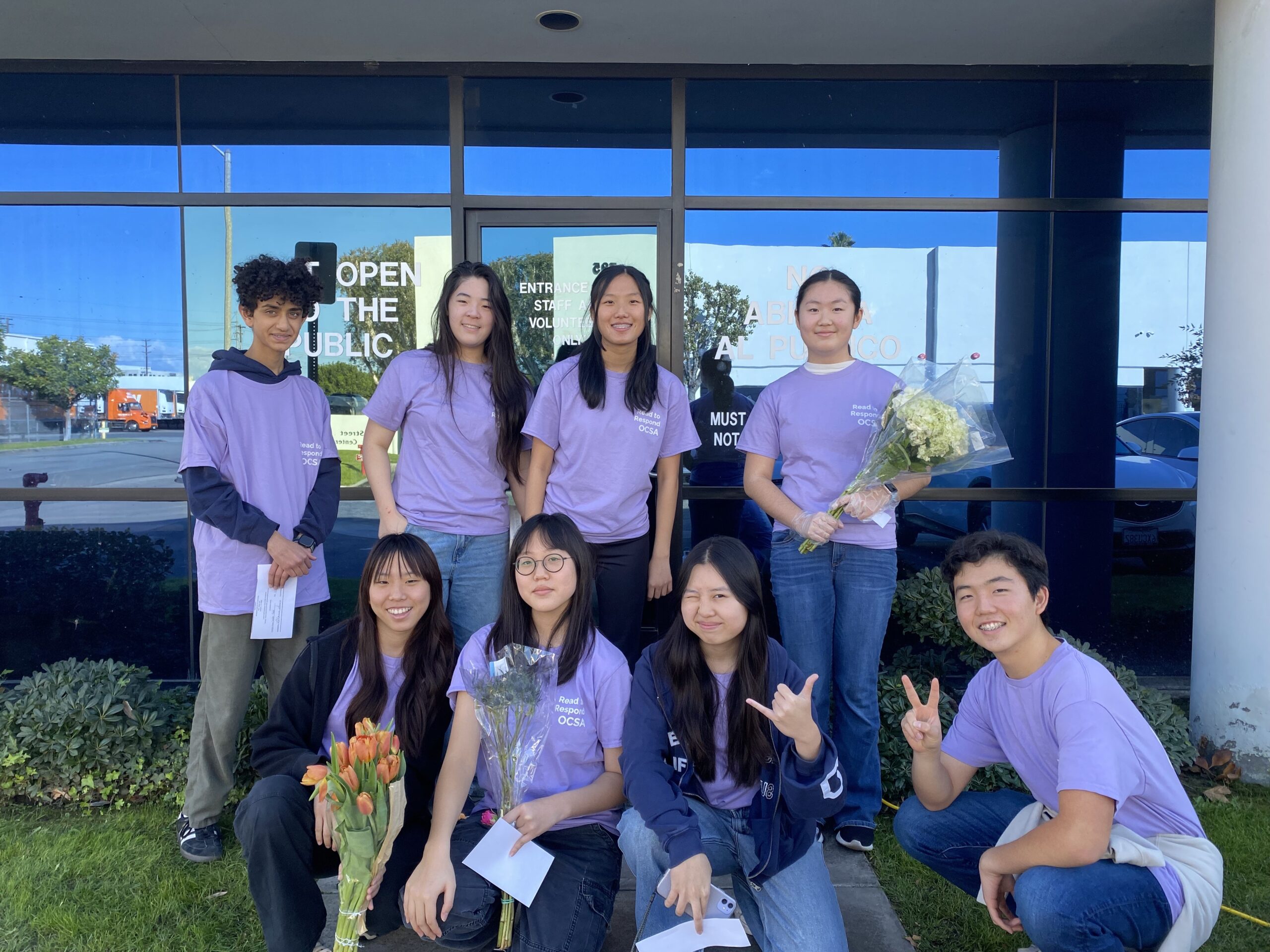A new year marks a time for fresh resolutions and clean starts: for me, 2024 is about building new bridges between our generation’s respective fights for social justice. In the kaleidoscope of social justice movements, the disability advocacy sphere stands out as a beacon of resilience, weaving together threads of empowerment, understanding, and interdependence.
As a passionate young activist immersed in this realm, I’ve come to realize that care work lies at the very core of the disability justice movement, offering not just physical assistance but a profound connection that fosters mental well-being. This paradigm shift from independence to interdependence, emphasizing the importance of taking care of one another, forms the crux of a movement that challenges societal norms and envisions a world where compassion is the cornerstone of our collective existence—and I believe we all can learn how to build in care work into our mental health practices.
At the forefront of this transformative conversation is Leah Lakshmi Piepzna-Samarasinha, a prominent scholar within the disability justice movement. In her groundbreaking book, “Care Work: Dreaming Disability Justice,” Piepzna-Samarasinha explores the intricate relationship between care work and justice, drawing on her own experiences as a disabled queer femme of color. Through a compelling narrative, she unpacks the radical potential of care as a form of resistance and solidarity. The book is a rallying cry of sorts, urging us to redefine care work as not just a necessity but a radical act that challenges the ableist structures ingrained in our society. Self-care, then, may not be the polished package of bubble baths and face masks that the media has carefully propagated, but rather a more humble act of connecting genuinely with others.
Piepzna-Samarasinha’s work resonates with a call to action, compelling us all to reflect on the transformative power of care work in dismantling systemic barriers and fostering a community that prioritizes mental health. Together, we can draw from a mindset of abundance rather than scarcity, and we can depend on each other within our collective communities as we strive to make the world a brighter place.
The crux of the disability justice movement lies in recognizing and celebrating our shared interdependence. It challenges the societal myth of rugged individualism and underscores the beauty of communal support. By embracing the principles of care work, we can all contribute to building a world where everyone’s strengths complement each other, and no one is left behind. In this paradigm, taking care of one another becomes not just an act of kindness but a necessity for our collective well-being. Born This Way Foundation epitomizes how we can work with young people of all paths and backgrounds to build a kinder and braver world—by leaning on one another, we can learn to truly Be There for our communities.
Interdependence, as advocated by the disability justice movement, extends beyond physical assistance. It encompasses emotional support, understanding, and the creation of spaces where individuals feel seen and valued. This intentional fostering of a caring community has profound implications for mental health. The reciprocity inherent in interdependence serves as a powerful antidote to the isolation and alienation that many individuals, whether they have a disability or not, may experience.
In conclusion, the disability justice movement, rooted in the principles of care work, invites us to embrace interdependence as a transformative force. By challenging the societal emphasis on independence and fostering a culture of caring for one another, we not only advance the cause of disability rights but also cultivate a society where mental health is prioritized. Leah Lakshmi Piepzna-Samarasinha’s “Care Work” stands as a testament to this transformative journey, urging us to dream of a world where the rhythms of interdependence echo in every facet of our lives.




